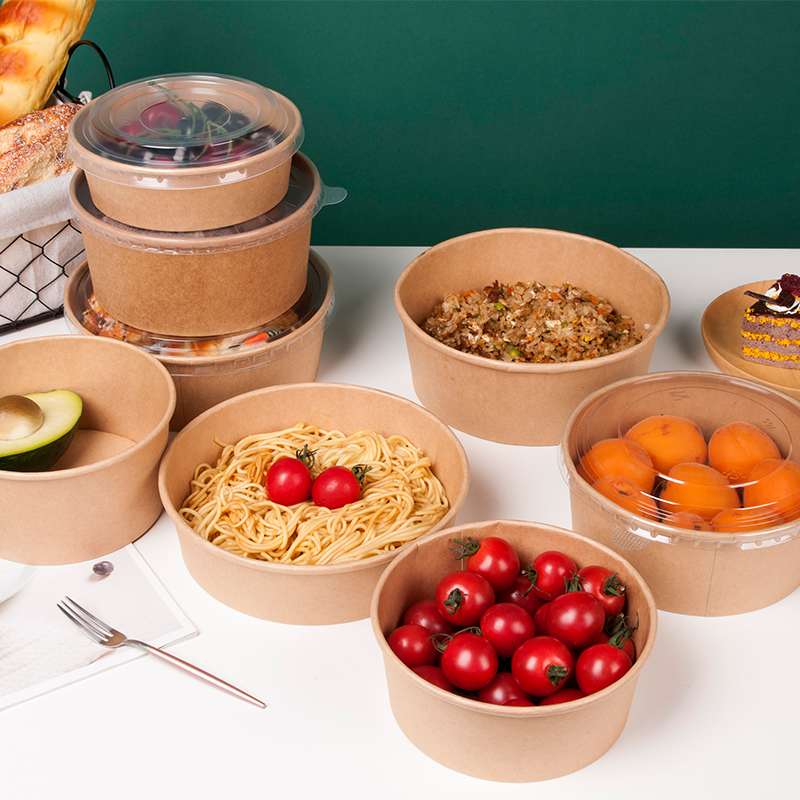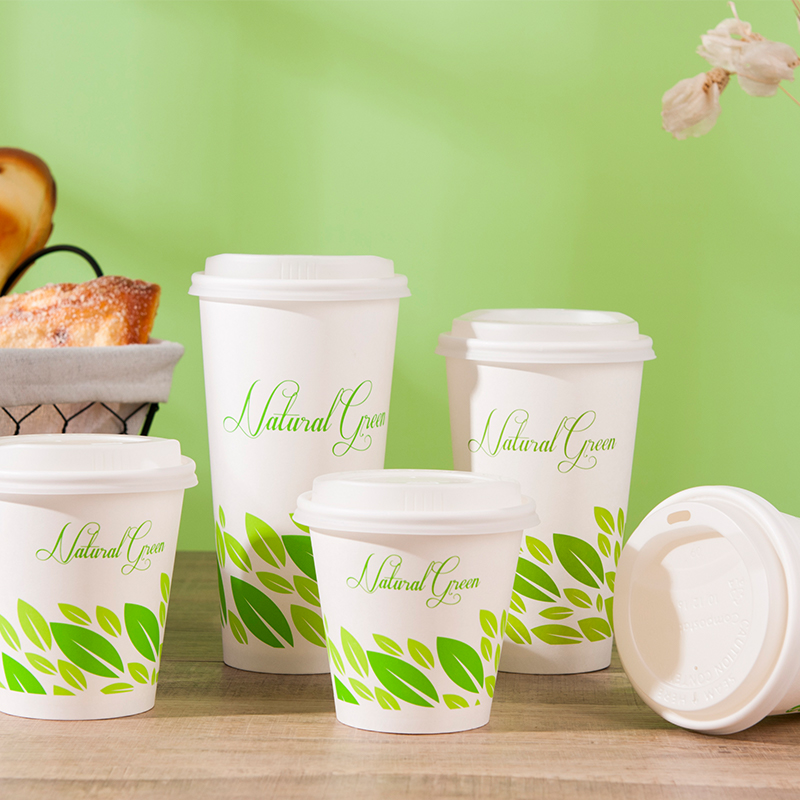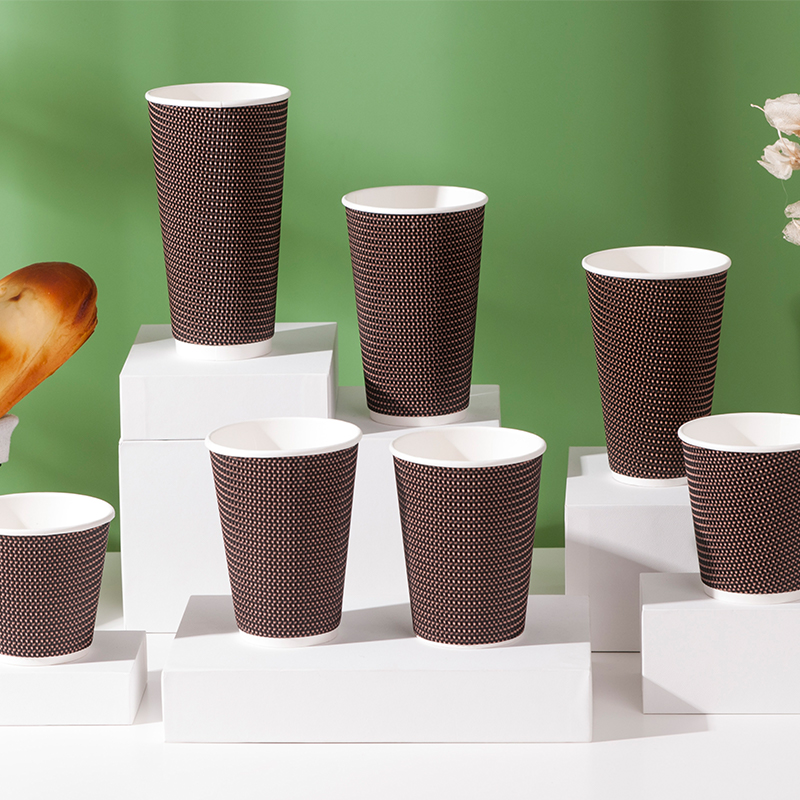In today's fast-paced world, the humble paper cup has transcended its traditional role as a vessel for beverages, evolving into a symbol of convenience and environmental responsibility. As we delve into the realm of paper cups, it becomes evident that their significance extends far beyond mere utility, encompassing sustainability, innovation, and the evolving landscape of responsible consumption.
The Evolution of Paper Cups
The history of paper cups traces back to the early 20th century, when they were introduced as a hygienic and disposable alternative to shared drinking vessels. Initially associated with serving water and simple beverages, paper cups underwent a transformative shift with the rise of on-the-go consumption and the burgeoning coffee culture. This evolution marked the beginning of their journey towards becoming an integral part of modern lifestyles and a focal point for sustainability initiatives.
Sustainability in Design and Material Selection
Contemporary paper cups embody sustainability through their design and material selection. Manufacturers prioritize the use of responsibly sourced paper fibers, often derived from renewable forests, to ensure the eco-friendliness of their products. Additionally, advancements in paper cup production have led to the development of biodegradable and compostable coatings, enhancing their environmental credentials. These sustainable design choices underscore the commitment of the industry to minimize its ecological footprint and promote responsible consumption practices.
Recyclability and Circular Economy
A defining feature of paper cups is their recyclability, aligning with the principles of the circular economy. When disposed of properly, paper cups can be diverted from landfills and integrated into recycling streams, where they are repurposed into new paper products. This closed-loop approach to material usage reduces waste and conserves resources, contributing to a more sustainable and efficient waste management system.
Consumer Awareness and Behavior
The rise of paper cups has been accompanied by a shift in consumer awareness and behavior. Individuals are increasingly mindful of the environmental impact of their choices, including the selection of disposable food and beverage containers. As a result, many consumers actively seek out businesses and establishments that prioritize the use of paper cups over non-recyclable or non-compostable alternatives. This growing preference for eco-friendly options has prompted businesses to adopt paper cups as a means of demonstrating their commitment to sustainability, thereby influencing consumer behavior and fostering a culture of responsible consumption.
Innovations and Challenges
While paper cups have made significant strides in promoting sustainability, challenges persist in ensuring their eco-friendliness. Issues such as the use of non-recyclable or non-compostable components, as well as the need for improved recycling infrastructure, present opportunities for innovation. Researchers and industry leaders are exploring alternative materials, improved recycling processes, and innovative solutions to further enhance the sustainability standards of paper cups. These efforts aim to address existing challenges and elevate the environmental performance of paper cup usage.
Looking Ahead
As we witness the rise of paper cups and their integration into the fabric of modern lifestyles, it is clear that their journey represents a pivotal shift towards responsible consumption. By embracing paper cups as a sustainable choice, we contribute to a greener, more environmentally conscious future. The evolution of paper cups serves as a testament to the power of everyday choices in shaping a more sustainable world, where convenience and environmental responsibility harmoniously coexist.



 English
English 中文简体
中文简体













